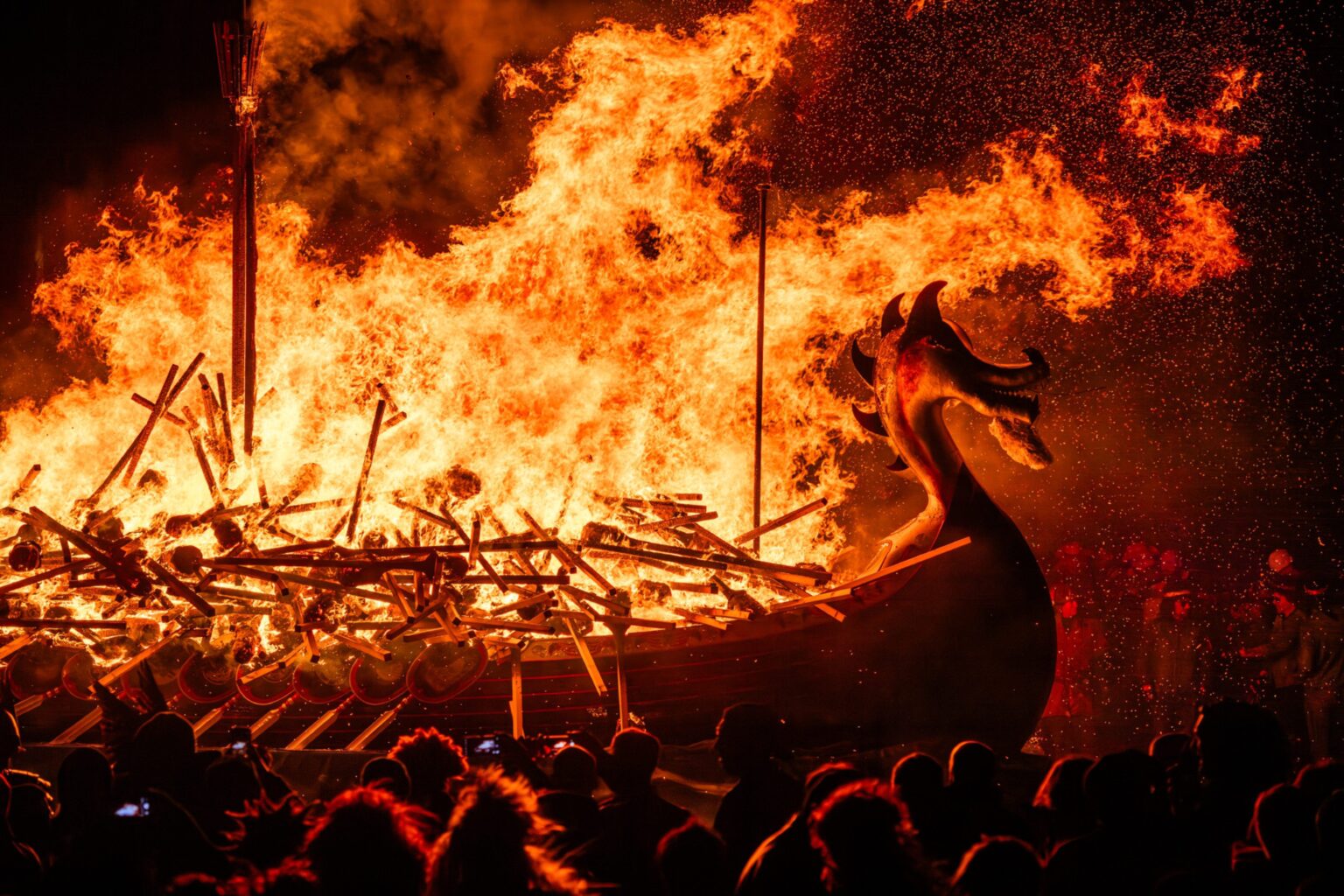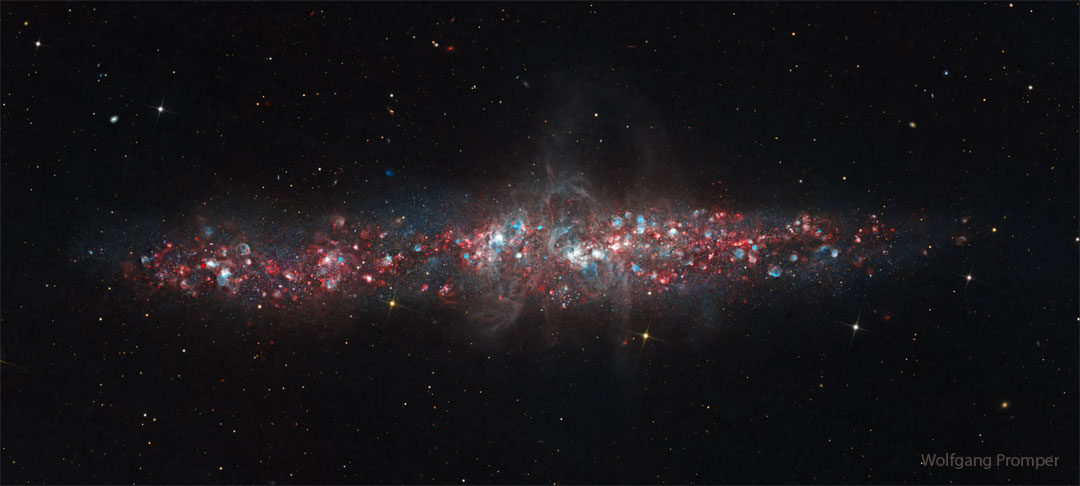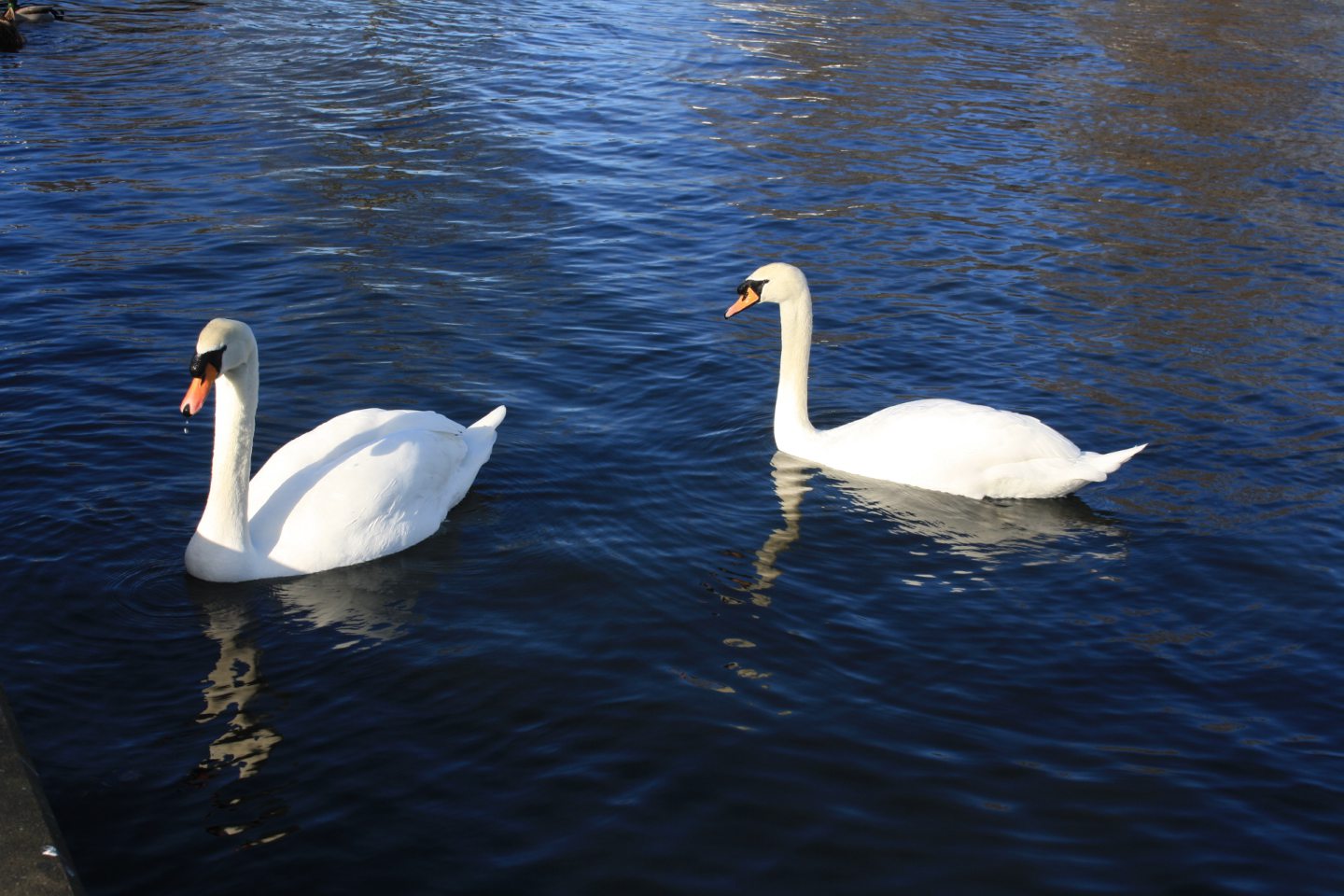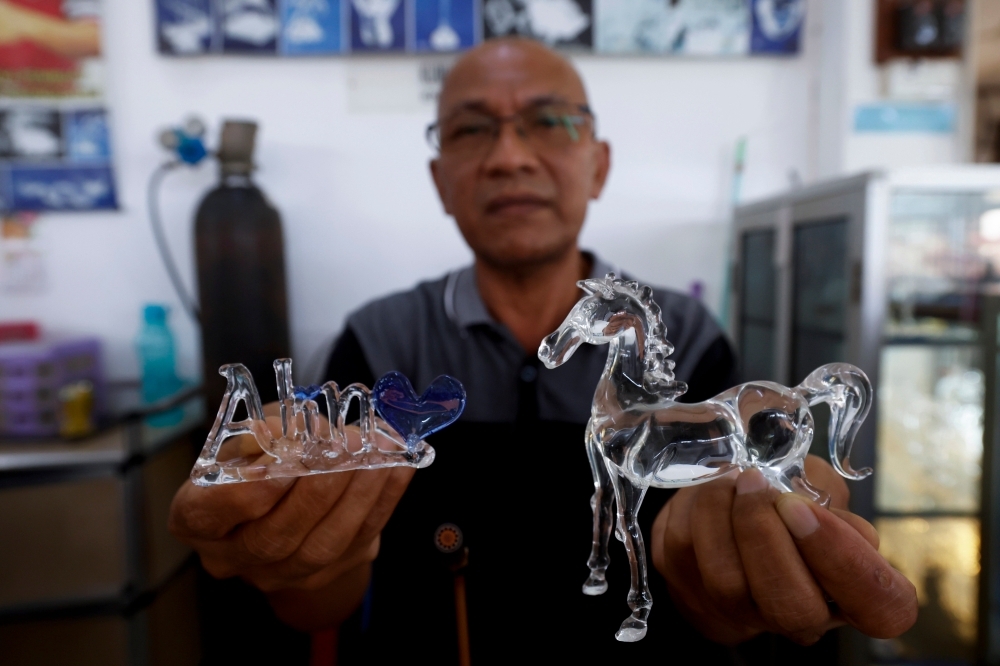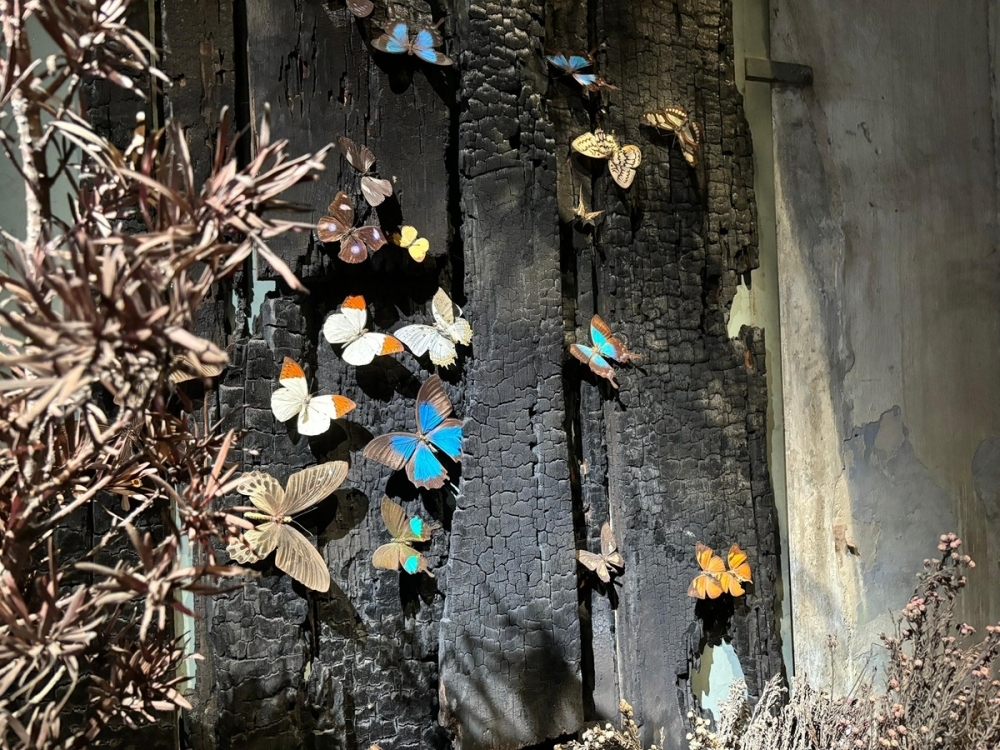Incense, drums and devotion: Ipoh lights up for Nine Emperor Gods Festival
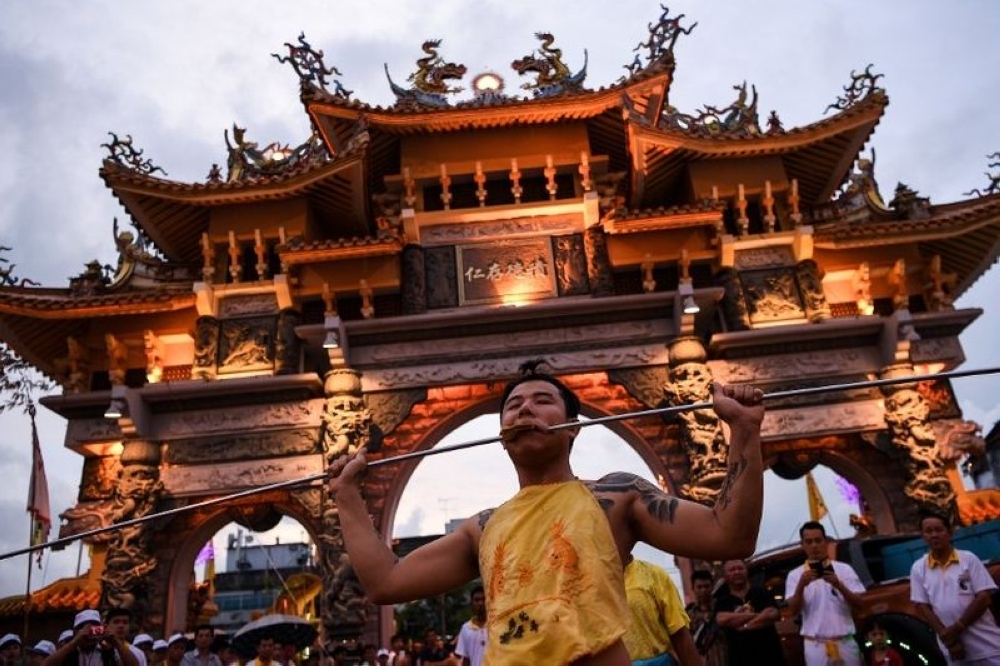
IPOH, Oct 26 — The familiar haze of incense once again fills the air around Tow Boh Keong Temple here as devotees light joss sticks and burn incense in reverence.
The smoke, mingling with the sound of prayers and chants, heralds the arrival of one of Taoism’s most sacred annual celebrations — the Nine Emperor Gods Festival.
Tens of thousands of devotees and visitors are expected to throng the temple throughout the nine-day celebration held from October 20 to 29, which has become a defining part of Ipoh’s cultural landscape.
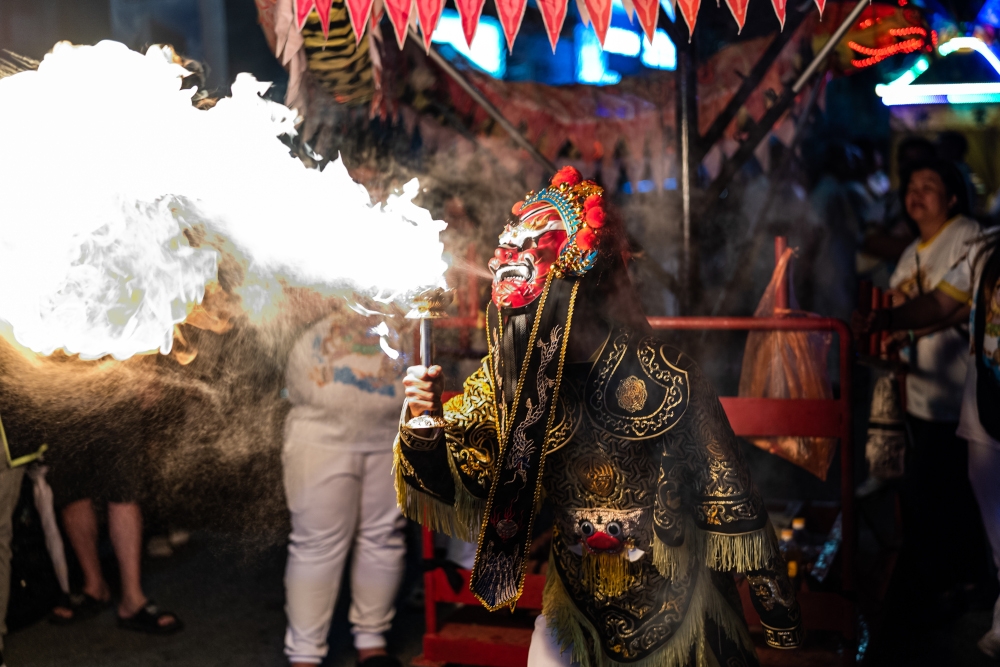
Temple president Tan Mung Lee, 93, said the tradition was brought to Ipoh by migrants from Phuket, Thailand, in the early 20th century.
“Tow Boh Keong (Kow Ong Yeah Temple) Ipoh has been celebrating this festival for more than 129 years, since the time of our forefathers who migrated to Malaya.
“The tradition has been passed down through generations and remains one of the largest Taoist religious celebrations in Perak,” he told Malay Mail.
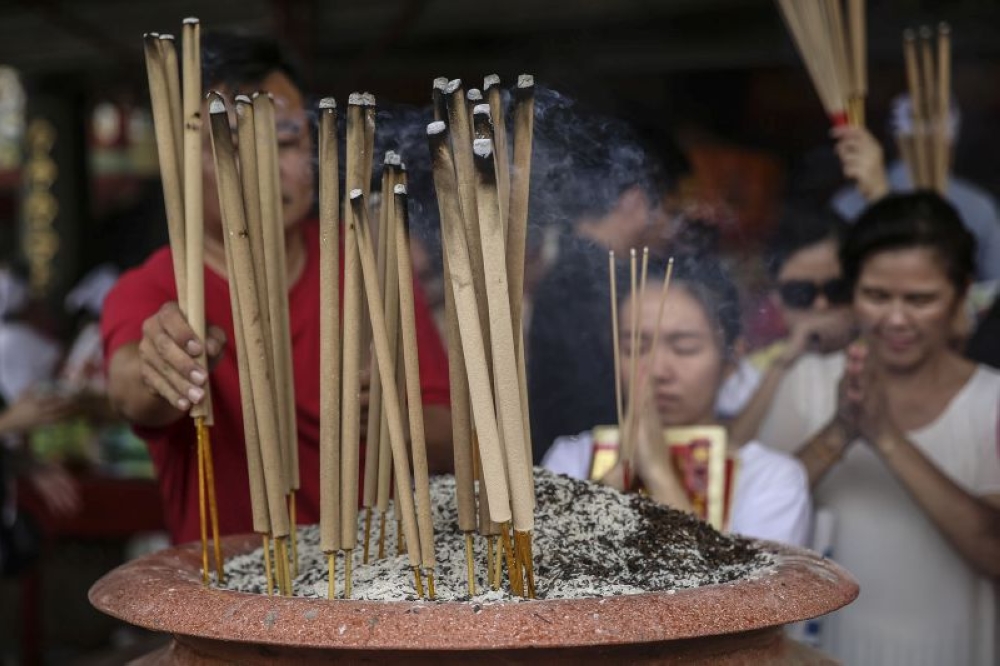
This year’s theme — Unity, Gratitude, and Blessings — reflects the temple’s message of harmony within the community, appreciation of ancestral heritage, and prayers for peace and prosperity.
Tan said Ipoh’s celebration stands out from those in other states because it combines traditional rituals with modern elements, as well as participation from people of various ethnic backgrounds in charitable and tourism-related activities.
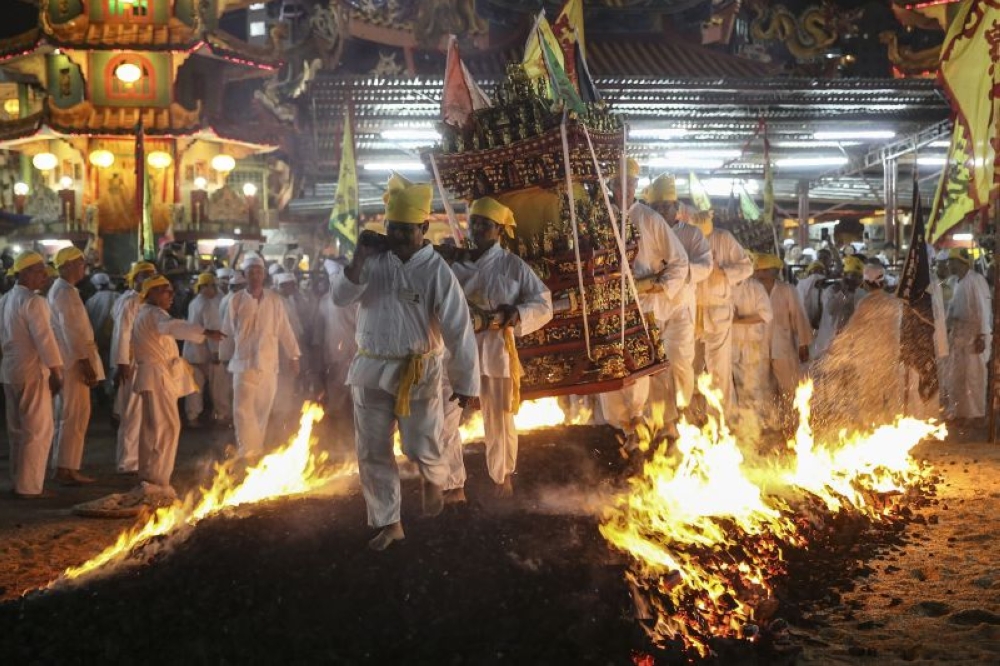
“We continue to uphold traditional rituals passed down through generations, but at the same time, we utilise social media and livestreaming so that more people, especially the younger generation, can follow and participate.
“We also implement modern management systems to ensure safety and cleanliness during the festival,” he said.
Having led the temple for 50 years, Tan recalled that the festival once began as a modest, community-based affair.
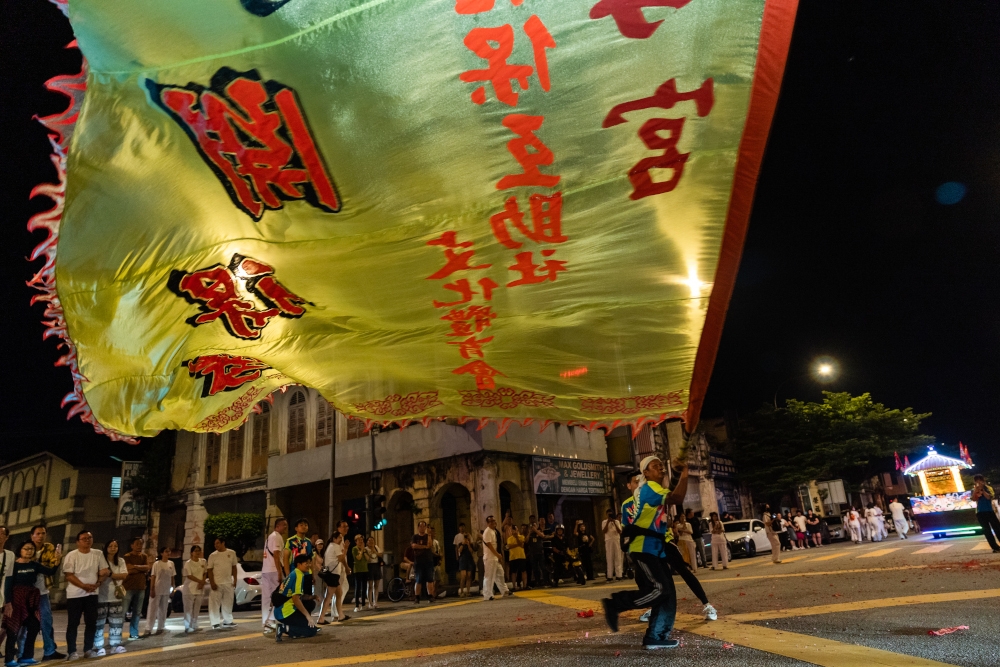
“In the past, it was small and focused mainly on locals.
“Today, with technological advancements and public support, it has grown into a grand event attracting thousands of visitors each year, including those from other states and countries.
“The celebration now includes parades, cultural performances, and charitable activities,” he said.
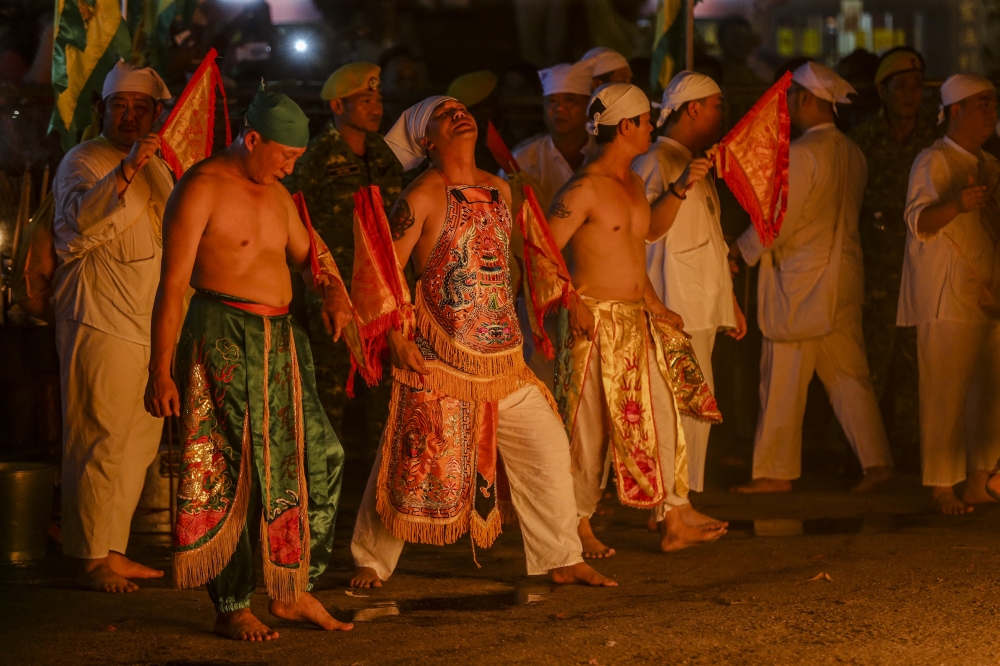
A tradition rooted in the stars
The Nine Emperor Gods Festival honours Goddess Dou Mou, who is believed to hold the Register of Life and Death and is revered as the mother of the Nine Emperor Gods — deities associated with the nine stars of the Big Dipper.
Devotees believe the deities arrive through waterways, and processions from the temple to nearby rivers or the sea are held as symbolic gestures to welcome and send them off.
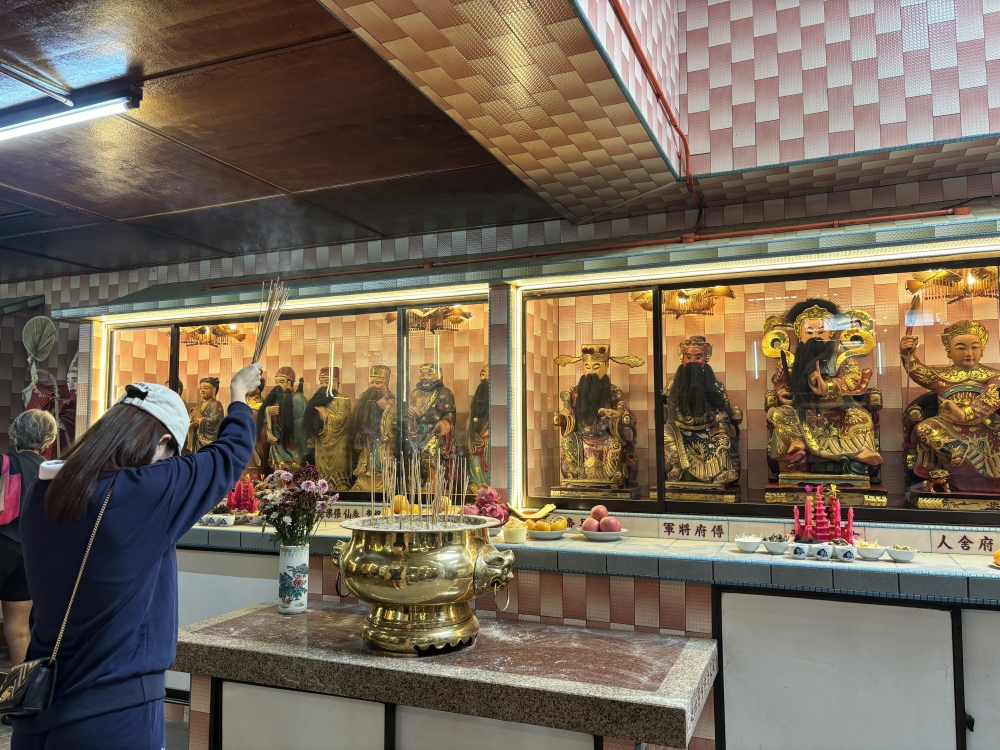
Many followers observe a strict vegetarian diet during the festival to purify the body and mind.
Among the main highlights at Tow Boh Keong Temple are the raising of the sacred pole (pokok pinang) and lighting of the lantern, which signify the official start of the festival.
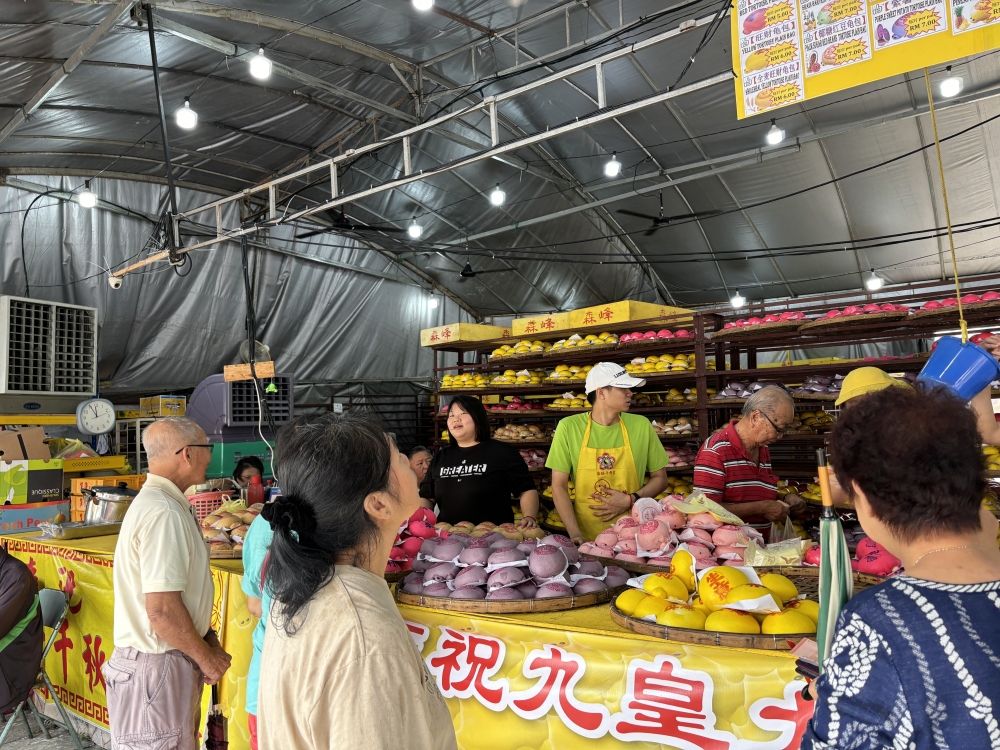
This is followed by the welcoming ceremony of the Nine Emperor Gods, nightly prayers, vegetarian fasting rituals, and the farewell procession on the ninth day, when the deities are symbolically returned to the river.
The festivities are further enlivened with dragon and lion dances, drum performances, and torchlight processions that illuminate the temple grounds with rhythmic energy and colour.
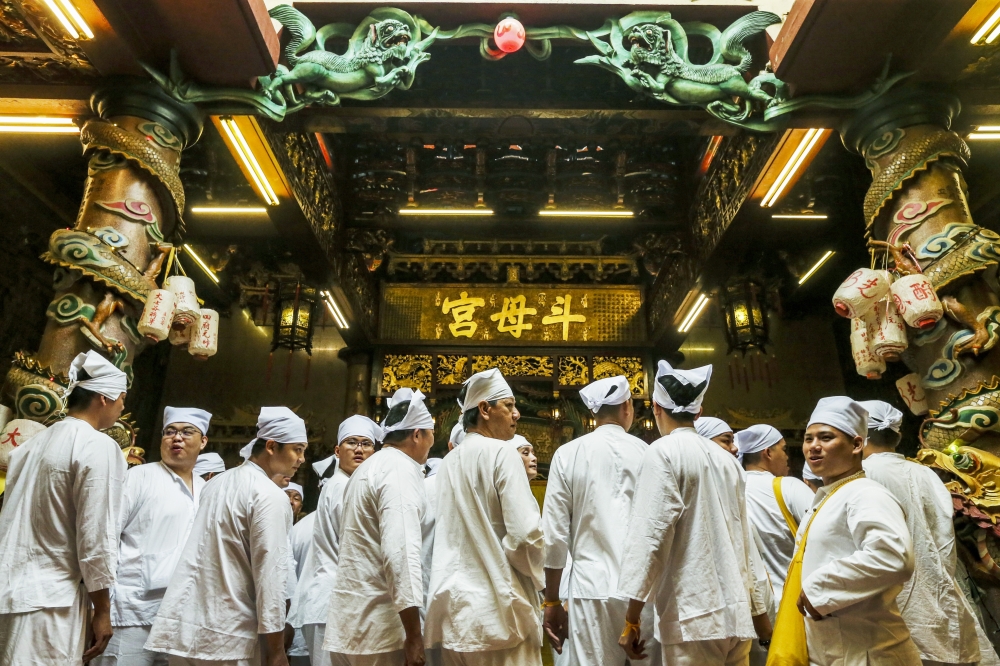
Keeping a century-old celebration alive
Tan shared that preparations for the festival begin more than two months in advance.
“We have dedicated teams managing cleanliness, logistics, safety, and the preparation of vegetarian meals.
“Devotees also come together to decorate the temple and prepare offerings such as fruits, candles, incense, and traditional pastries,” he said.
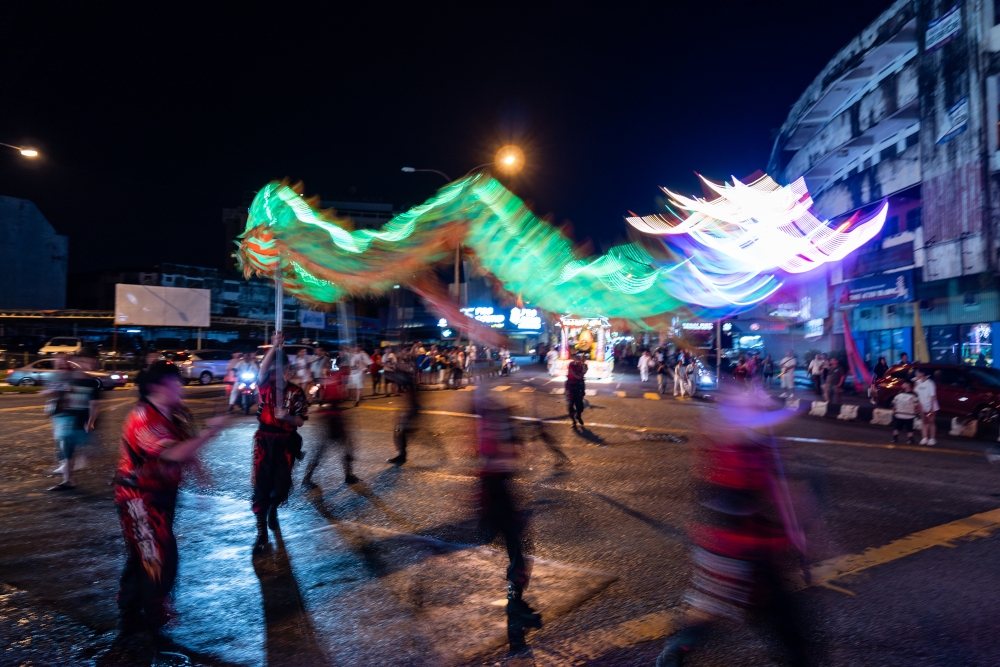
Despite its grandeur, Tan said the festival faces challenges, particularly financial constraints and crowd control.
“The cost of organising has risen over the years, and we rely heavily on donations from devotees and the community.
“Weather conditions and traffic congestion also require careful management,” he said.
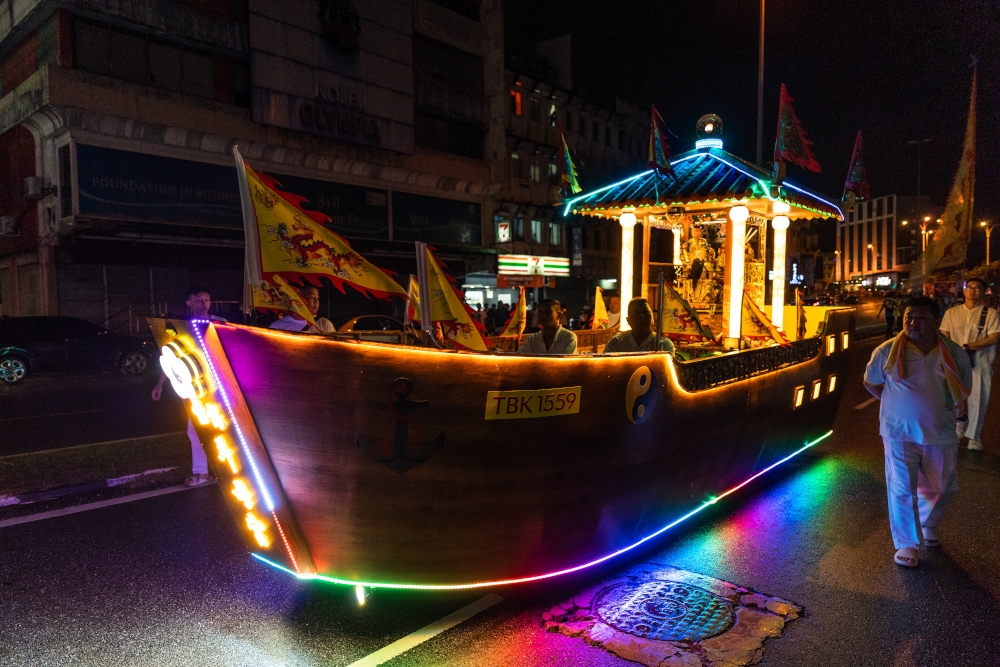
He added that the temple works closely with the Ipoh City Council, police, fire department, and local volunteers to ensure smooth and safe operations.
Beyond faith and rituals, Tan said the celebration also plays a key role in promoting cultural tourism and the local economy, drawing both local and international visitors eager to witness the temple’s lively ceremonies and parades.
Generations united in prayer
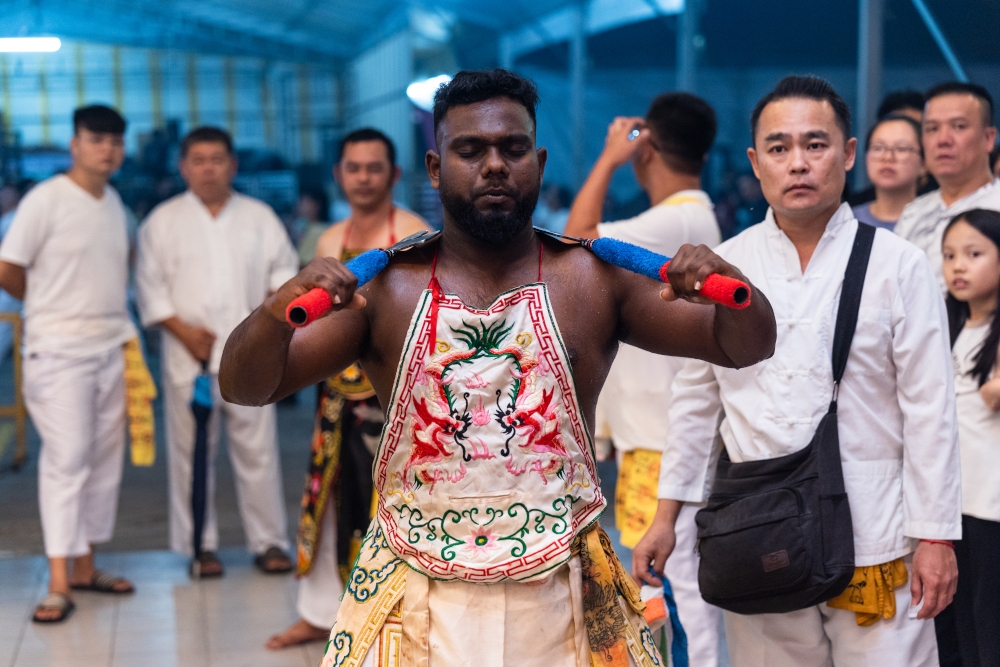
For Yeow Gaik Kee, 65, the festival is more than just a tradition — it is a source of serenity.
“I always feel calm and peaceful after offering my prayers. We feel blessed and hope the Gods will continue to guide us smoothly through life,” she said.
Yeow, who attended with her sister, said that although she did not take part in the vegetarian fast this year, she still offered tortoise-shaped buns and joss sticks as prayers for good fortune.
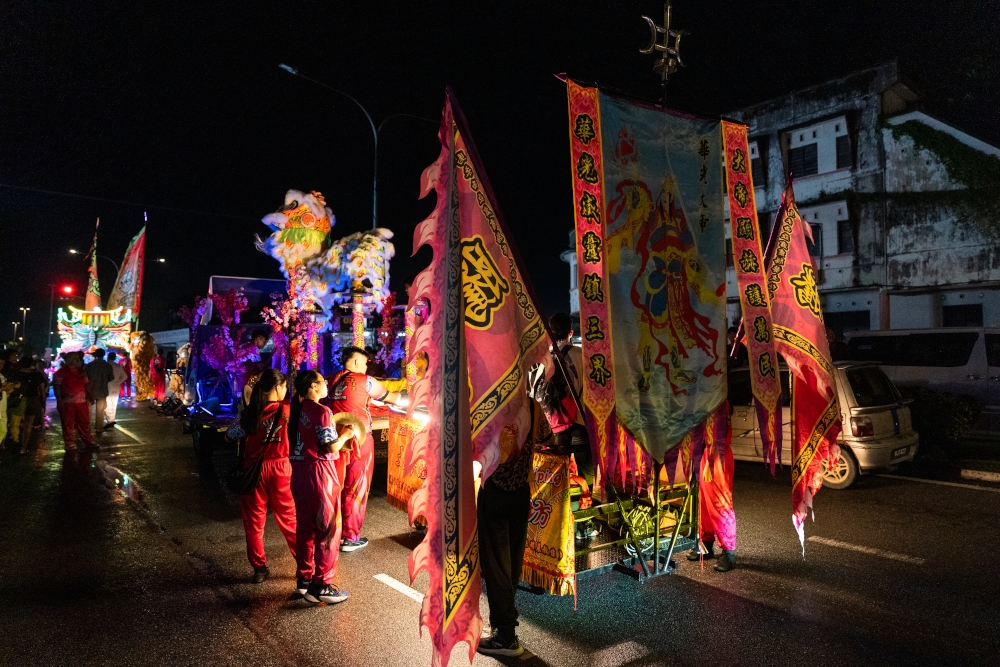
She also noted that the temple is now more spacious and comfortable compared to previous years.
“In the past, it used to be so crowded that we could barely move, and the air was thick with smoke.
“Now, everything is more organised, and the traffic around the temple has also improved,” she said.
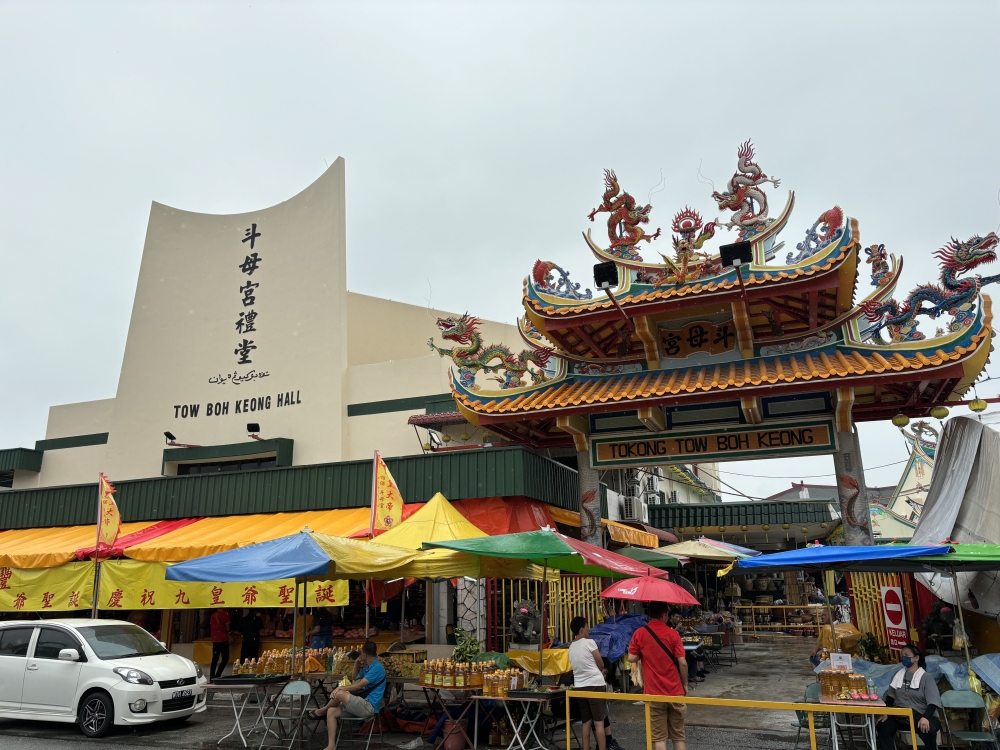
Another devotee, Tan Sing Huat, 90, came with his children and grandchildren to pray for good health and longevity.
“I feel blessed to still be able to celebrate this festival with my whole family,” he said.
[Source: Malay Mail]




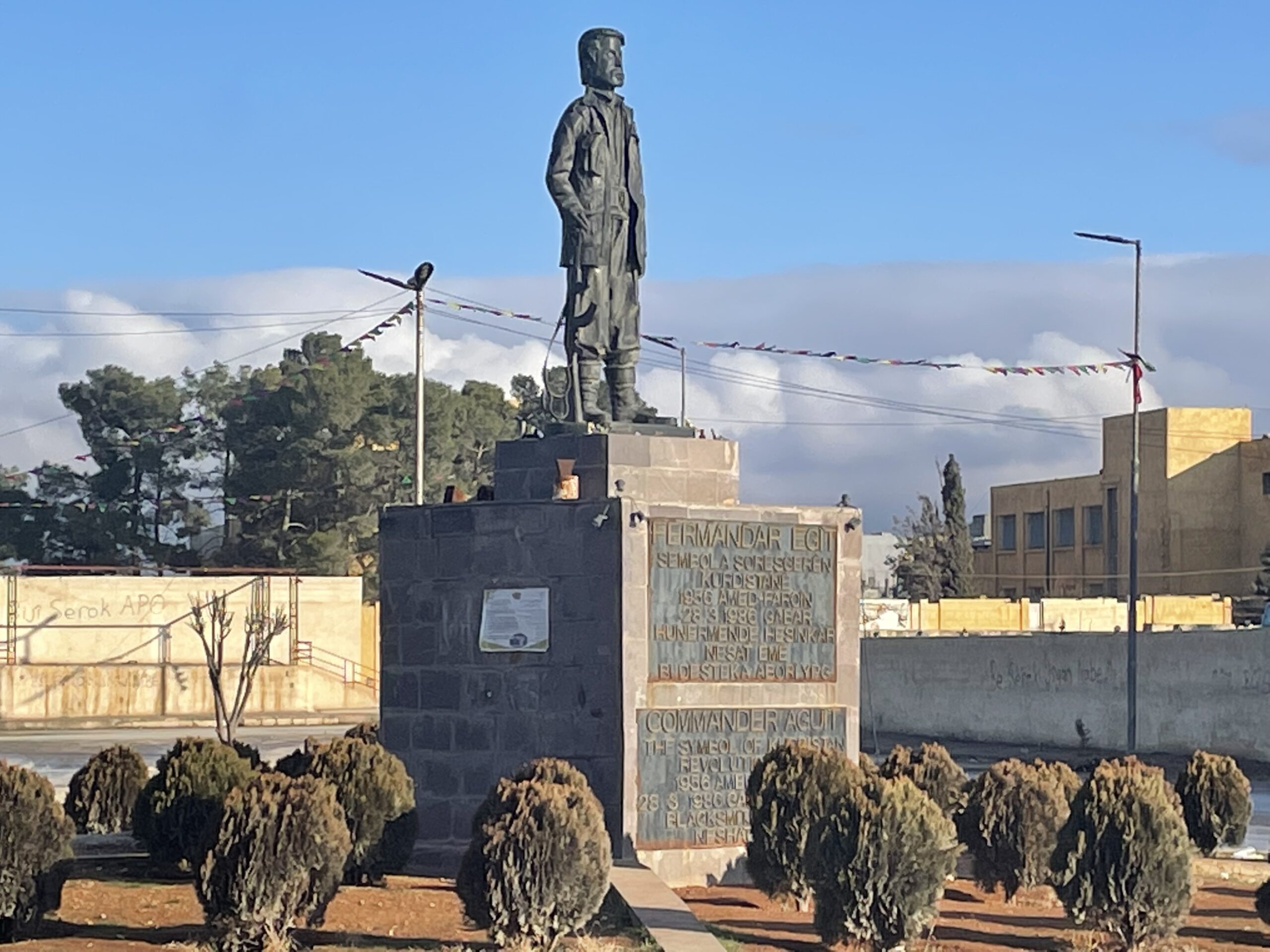





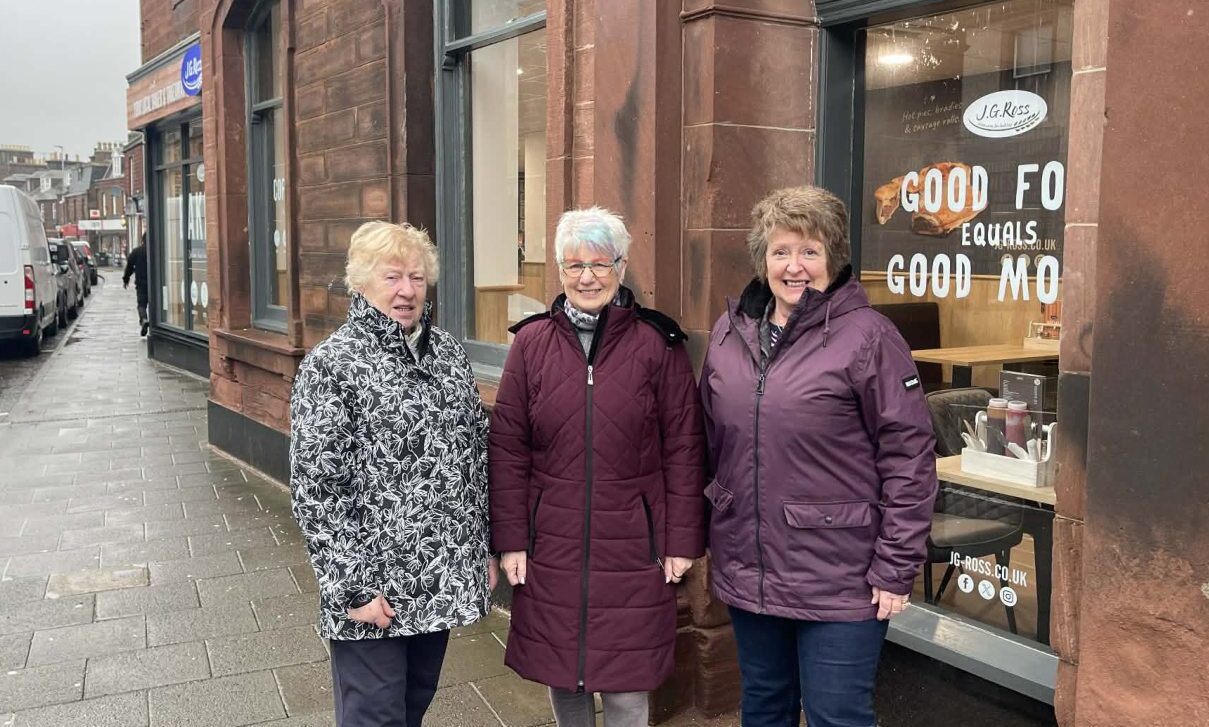



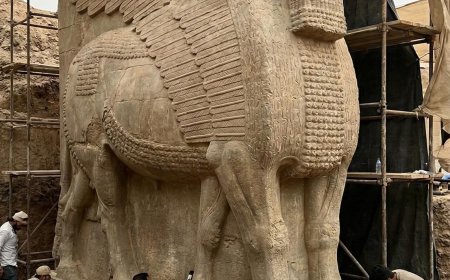
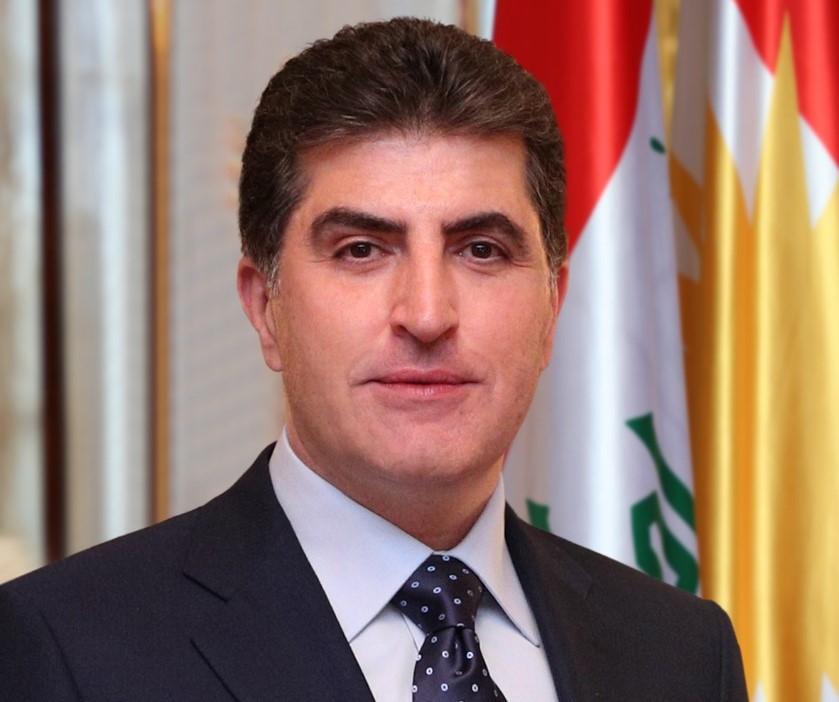




/file/attachments/orphans/IMG_9103_429753.jpeg)


/file/attachments/orphans/taku-transport_666718.jpg)






